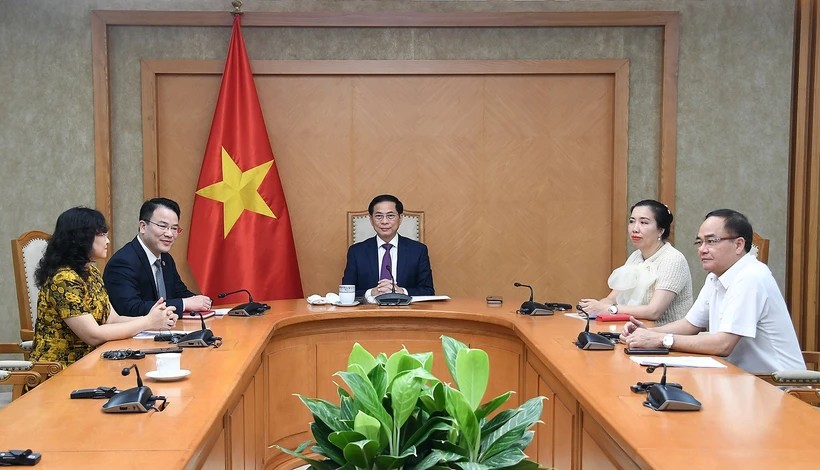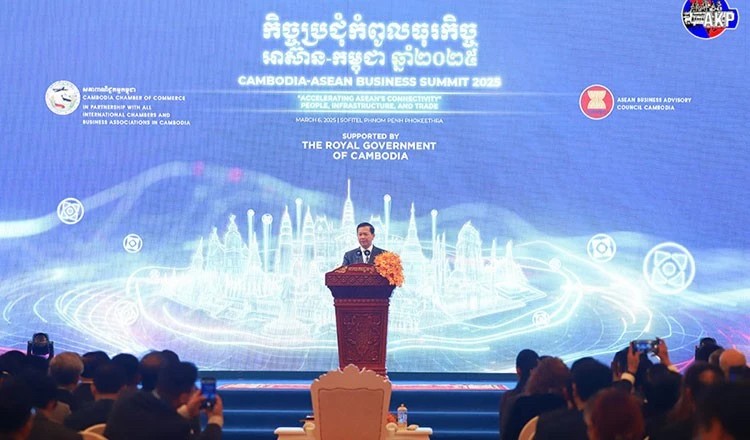RCEP in Hope to Leverage Post-Pandemic Economic Recovery
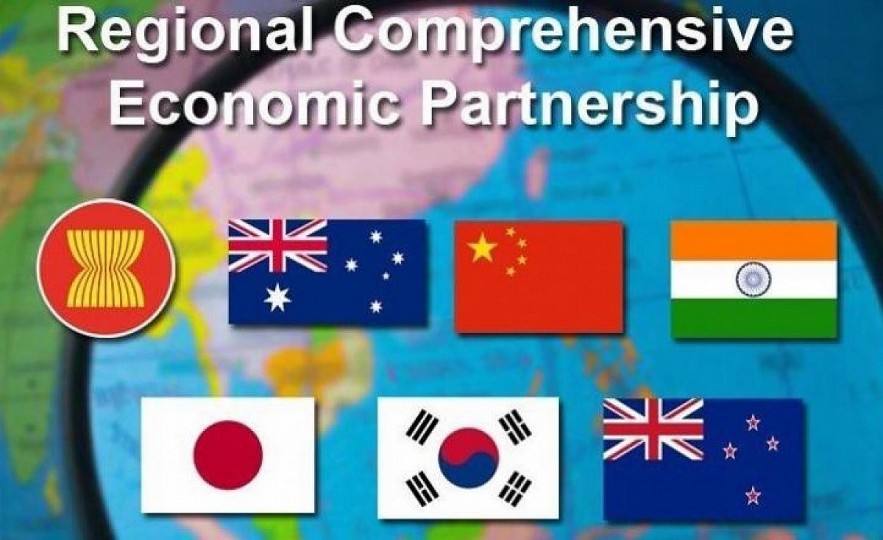 |
| The Regional Comprehensive Economic Partnership (RCEP), which came into force as of January 1, 2022 is expected to give added impetus to enhancing trade activities and boosting post-pandemic economic recovery. Illustrative image on VOV. |
The Regional Comprehensive Economic Partnership (RCEP), which took effect from January 1, is expected to become a new momentum accelerating trade and subsequently post-pandemic economic recovery by forming a stable and long-term export market for Vietnam and other ASEAN countries and creating a legally biding foundation for an equal trade environment in the region.
RCEP, an integration priority of the ASEAN, forms a market with 2.2 billion consumers and a total GDP of about 26.2 trillion USD, accounting for about 30 percent of the global GDP, and becomes the largest free trade area in the world. It will eliminate tariffs on as much as 92 percent of goods traded among its signatories eventually, expand market access for investment, harmonise rules and regulations, and strengthen the supply chains within itself.
The pact was signed between 10 members of the ASEAN and five partners of China, Japan, the Republic of Korea, Australia and New Zealand on November 15, 2020 during the 37th ASEAN Summit chaired by Vietnam. It encompasses four free trade agreements that the ASEAN has signed with the partners previously, creating a new free trade zone, according to the Vietnamplus.
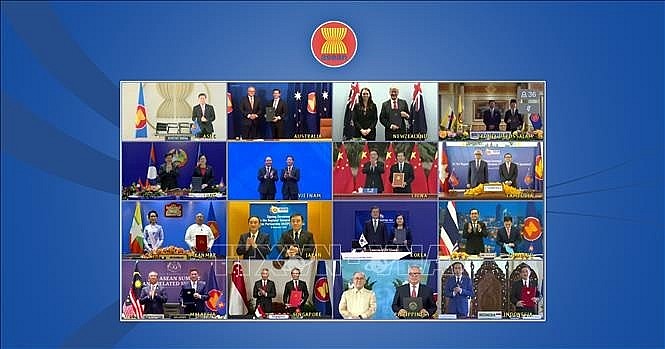 |
| RCEP was signed on November 15, 2020 at the 4th RCEP Summit. Photo: VNA |
Luong Hoang Thai, head of the Multilateral Trade Policy Department of the Ministry of Industry and Trade, said that ASEAN member countries, including Vietnam, pin high hope on the deal as one of the factors for speeding up post-pandemic economic recovery.
However, experts held that along with opportunities, RCEP also brings about challenges, including fiercer competition for Vietnamese products and services due to the similar structure of products in other countries and Vietnam’s certain independence on imported materials for production.
But they asserted that the country’s international integration affirms that Vietnam boasts a rising capacity to join newly-established value chains in the region with its strong reform of administrative procedures and efforts to improve the investment environment.
They explained that the implementation of the RCEP will not bring about a shock in tariff cut for Vietnam as the country has long experience in processing tariff liberalisation with ASEAN countries in 20 years and with the five partners in 15 years.
Furthermore, the deal is hoped to bring about opportunities for Vietnamese firms, especially small- and medium-sized enterprises to take part in new supply chains possibly created by the RCEP.
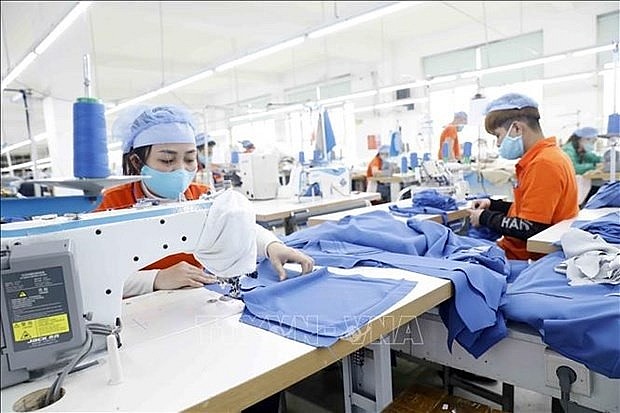 |
| Production at Hung Viet company in Hung Yen province. (Photo: VNA) |
The agreement ultimately aims to create a stable and long-term export market for the nation and other ASEAN member states in order to create a legally bidding foundation for an equal trade environment within the region.
Despite this, experts hold the view that along with opportunities, the RCEP also poses challenges, including tougher competition for local products and services due to the similar structure of products in other countries, coupled with Vietnamese independence on imported materials for production.
They explained that the enforcement of the RCEP will not bring about a shock in tariff cuts for the Vietnamese side as the nation has long experience in processing tariff liberalization with ASEAN over the past 20 years and with the five partners over the last 15 years.
Chu Thang Trung, deputy director of the Ministry of Industry and Trade's Trade Remedy Authority, underlined the necessity of local businesses fully grasping legal regulations in order to avoid risks in partnering with foreign peers. Indeed, his office will work hand in hand with competent agencies as a means of stepping up communications among the business community on trade remedies.
The RCEP is an integration priority of the ASEAN and forms a market consisting of 2.2 billion consumers and a total GDP of approximately US$26.2 trillion, accounting for roughly 30% of global GDP and becoming the largest free trade area in the world. It will serve to eventually eliminate tariffs on as much as 92% of goods traded among its signatories, expand market access for investment, harmonise rules and regulations, and strengthen supply chains within itself, reported the VOV.
The deal was signed between 10 members of the bloc and five partners of China, Japan, the Republic of Korea, Australia, and New Zealand on November 15, 2020, during the 37th ASEAN Summit chaired by Vietnam. It consists of four free trade agreements that ASEAN has signed with partners to create a new free trade zone.
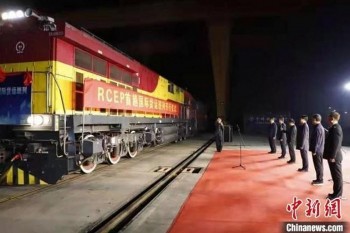 | First RCEP Freight Train Departs For Hanoi From China The X9101 train carrying more than 800 tonnes of cargo left the Nanning international railway port on New Year's Day for Hanoi. |
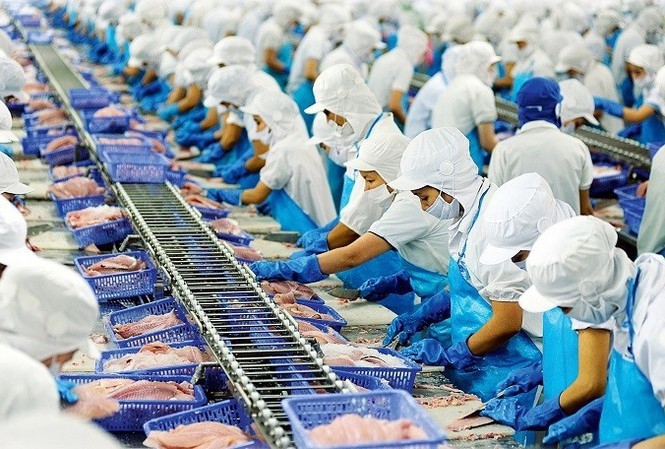 | Vietnam’s free trade agreements boost exports-imports in first quarter Vietnam’s exports and imports rose over 24 percent year-on-year in the first quarter, driven by the country’s free trade agreements (FTAs), said Associate Professor Pham ... |
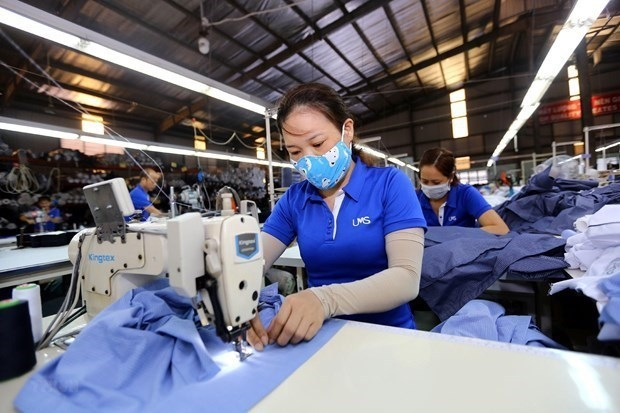 | RCEP smooths way for Vietnam to join global supply chains The Regional Comprehensive Economic Partnership (RCEP) agreement has enabled Vietnam to be connected better with global supply chains compared with other new-generation free trade agreements ... |
Recommended
 Economy
Economy

